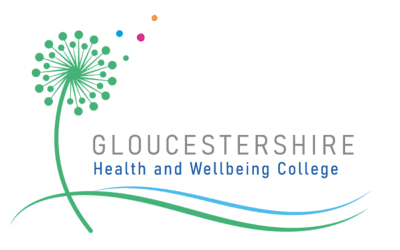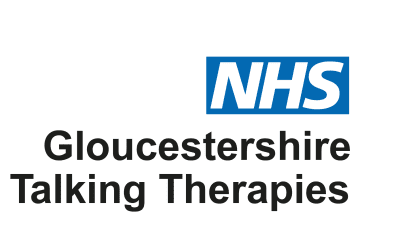Did you know that our Talking Therapies service can treat a range of mental health problems, including phobias?
Phobias are a type of anxiety disorder where you can develop a severe fear of a particular object or situation. Many of us have fears, such as a fear of spiders or heights, that don’t interfere in our lives too much. Phobias are different, they are when a fear becomes so severe it starts to have a significant impact on the way we live our day-to-day life, and leads to very high levels of distress. A phobia is when the fear becomes out of proportion to the level of danger the situation or object poses, and that this fear has lasted more than six months.
Many people with phobias don’t experience any symptoms of anxiety unless they come into contact with their phobia. For some, just thinking about their phobia can make someone feel anxious and panicky. Symptoms can include shortness of breath, nausea, sweating, trembling and shaking, as well as making significant efforts to avoid the situation or object that causes the distress.
Types of phobias are broad but can include things like agoraphobia (fear of specific situations and places), animal phobias (e.g. fear of dogs), bodily phobias (e.g. fear of the dentist/having injections) and environmental phobias (such as going into deep water/thunder and lightning).
Sarah Woods, a Clinical Lead for Talking Therapies, shares how the service can help tackle phobias, in order to live a fulfilling life without boundaries.
She said: “Having a phobia can have a severe impact on someone’s life, and can stop them from doing normal everyday things that other people might take for granted.
“Cognitive behavioural therapy (CBT) can help to give someone the tools to overcome their phobia. We work with people using a range of techniques that often includes ‘graded exposure’, to build their confidence to tackle their fears. This involves working with individuals to understand what may be causing the fear, and their thoughts and feelings around this. We then work at the person’s pace, to help build someone’s confidence to gradually approach what they have been avoiding, and equip people with the tools they need to cope with their phobia.
“It’s a really powerful treatment, that can help someone to get their life back from what they have been avoiding.”
Talking Therapies is a free, friendly and approachable local NHS service that treats common issues like depression, stress, anxiety and phobias using evidence-based talking therapies. To find out more about the service and to make a self-referral, visit www.letstalkglos.nhs.uk or call 0800 073 2200.
You do not need to visit your GP in order to access our support. After referring yourself to the service, you will be invited to an assessment call with a trained clinician who will discuss how you are feeling and the treatment options available to you. Treatments are delivered by trained therapists and can either be provided online, on the phone or in person.



